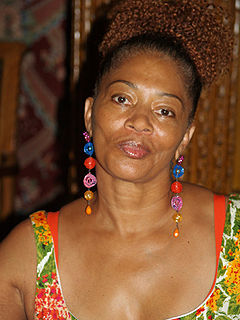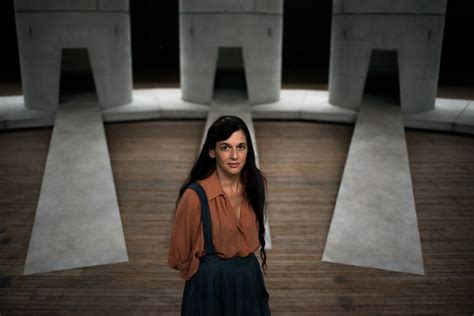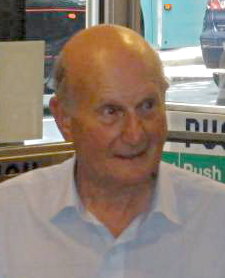A Quote by Drew Pinsky
I'm interested in interpersonal space.
Quote Topics
Related Quotes
I'm interested in the murky areas where there are no clear answers - or sometimes multiple answers. It's here that I try to imagine patterns or codes to make sense of the unknowns that keep us up at night. I'm also interested in the invisible space between people in communication; the space guided by translation and misinterpretation.
When someone comes to me seeking help I want to learn everything I can about them. I'm interested in their physical, emotional, interpersonal, social, sexual, economic, and spiritual aspects of their well-being. I want to know about their hopes and dreams as well as their stresses, fears, and challenges.



































